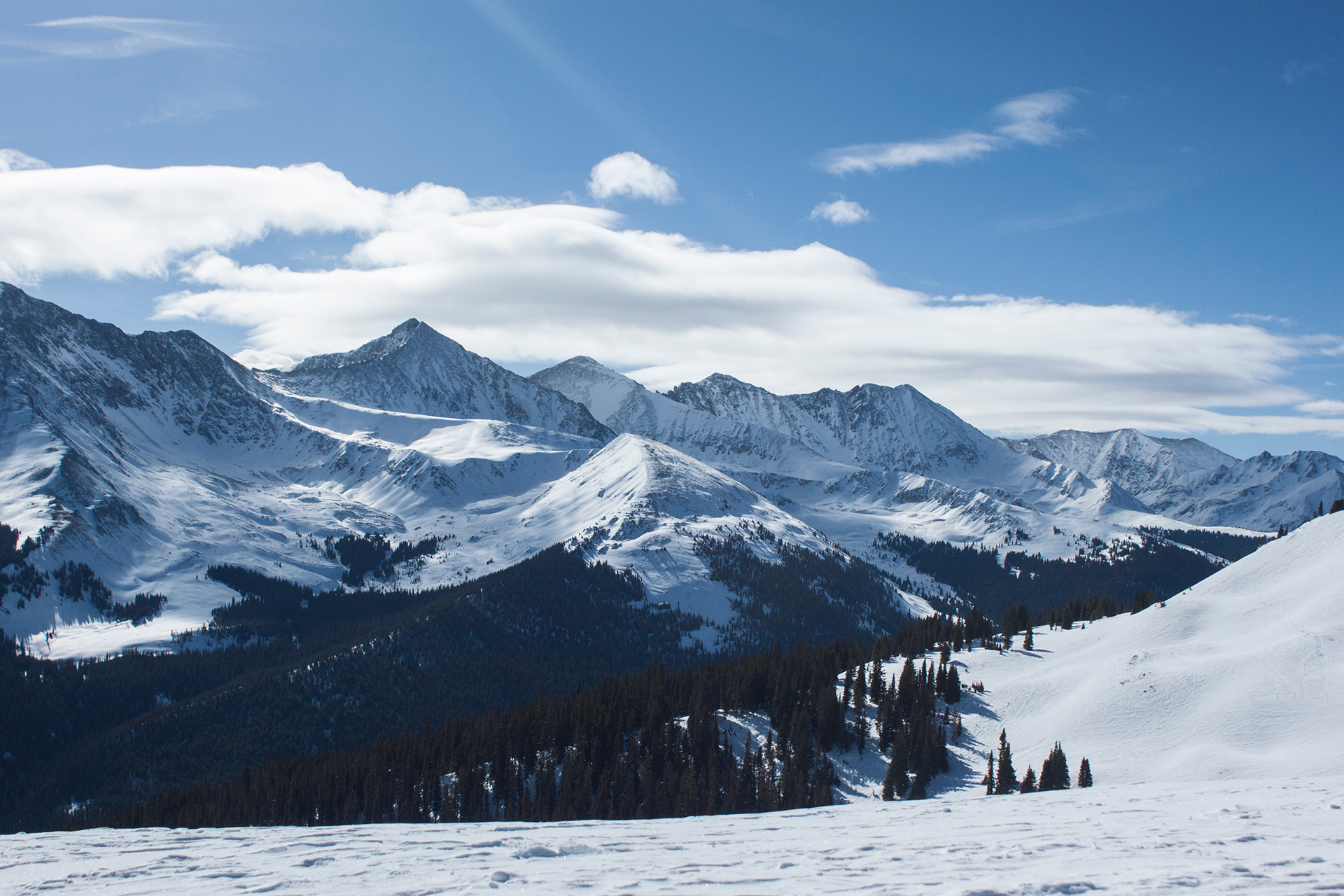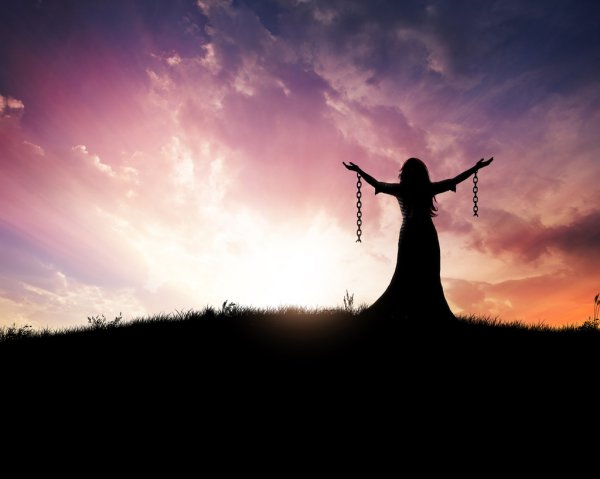Season of Creation. A Jubilee for the Earth
Every year during the Season of Creation, from September 1st to October 4th, Christians of all denominations join together to pray to the Creator and to act together to care for and to protect creation. This year, the motto of the Season of Creation "Jubilee for the Earth", leads us to reflect on the deep meaning of the Sabbath, the sacred rest, using the worldwide experience we have had due to the lockdown forced upon us by the worldwide pandemic of the Covid-19.
We invite you to read this text that tries to adapt the Jewish sense of the Sabbath in today's world and that places us in the spotlight of inner and outer ecological conversion:
Running forward
We ran forward. This is our tendency. Let's face it, whether we are Christians or not, whether we are environmentalists or not, whether we are the ones who talk about slow life or not. Running forward, the faster the better, as far as possible. Without getting distracted, without asking ourselves where we are going. We run away.
We want more. We all want more. There are those who want more clothes or more money or more likes or more efficiency in working hours, in electricity or in advertising for one or another cause, whatever it may be. We want always more.
And, indeed, we take more because we can afford to satisfy our desires more easily than ever. In addition the Earth has never said no to a hectare of forest, to a species in danger of extinction, to an oil or precious metal deposit. It has always given itself to us generously.
The depletion of the Earth
But the earth is exhausted, God is tired and we are exhausted.
The earth does not have much more room for generosity: it fears that one day we will take away from it what it needs to welcome and nourish life.
God is tired of calling us and receiving no response. God is tired of looking for our eyes and finding our backs. Christ, who is present in the poor and in our neighbours, is tired of seeing how we ignore him by turning our heads.
The sign of the pandemic
This year, we have seen how it was stopped what seemed unstoppable. A wheel as huge and inertial as the consumer society has been slowed down by a tiny, insignificant virus. As soon as we withdrew from the city streets, the roads, the seas, the sky and the mountains, the animals, fish and birds that had been displaced regained the ground.
This episode has been a small rest, a small jubilee for the Earth and its creatures. Small enough that it has only served as a sign of the message that the earth sends us: "Let me breathe!"
Let us not forget that this restfulness has been nothing but collateral damage to the management of the pandemic. It was neither desired nor profound. It was purely logistical. Can we imagine how the earth could be revived by a purposeful rest born and rooted in our soul? Can we imagine the life that can blossom from an appeasement of our worldly ambitions?A Jubilee for the Earth
The Earth needs a Jubilee. So do we. In this fragment of the encyclical Laudato Si' we see it: the restoration of humanity (in Noah's time, but also today) requires rediscovering and respecting the rhythms inscribed in nature by the hand of the Creator (LS, 71):
On the seventh day, God rested from all his work. He commanded Israel to set aside each seventh day as a day of rest, a Sabbath, (cf. Gen 2:2-3; Ex 16:23; 20:10). Similarly, every seven years, a sabbatical year was set aside for Israel, a complete rest for the land (cf. Lev 25:1-4), when sowing was forbidden and one reaped only what was necessary to live on and to feed one's household (cf. Lev 25:4-6). Finally, after seven weeks of years, which is to say forty-nine years, the Jubilee was celebrated as a year of general forgiveness and "liberty throughout the land for all its inhabitants.
Let's imagine that we apply this legislation in today's world. It would be crazy! But it could be said that it would involve such a great material renunciation that perhaps it would educate us to ambition and help us to recognise - not only with our lips - that the fruits of the earth are for all people (LS, 71). The air we would give to the Earth would have splendid fruits, but nothing compared to the fruits it would have for our spirit and for the new relationship we would establish with Creation. It was not in vain that this was a command from God.
We will probably not be able to apply this law in today's world. But perhaps we can be inspired by it: we can live the Sabbath if we know, from time to time, to set aside our worldly goals and to praise the Lord. We can live a Sabbath year if we learn to renounce that which seems indispensable to us (think of the Jewish renunciation of the harvest). We can live a Jubilee if we make tabula rasa and we re-establish our relationship with Creation.
Today, this means seriously questioning our lifestyle (how do I move, where do I live, how do I consume?) but also our inner gaze (do I have ecological obsessions? Am I avoiding the gaze of my brother or sister? Am I listening to the voice of God?) A good combination of external and internal conversion will be the key to success.
Let us hope that we can take advantage of the occasion and that the Jubilee on Earth will help us to live convinced that God alone is enough.
(Axis of Integral Human Development)


